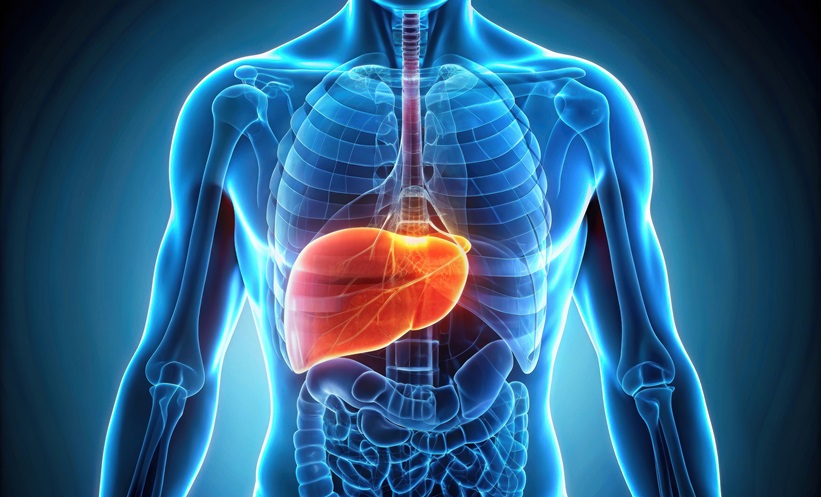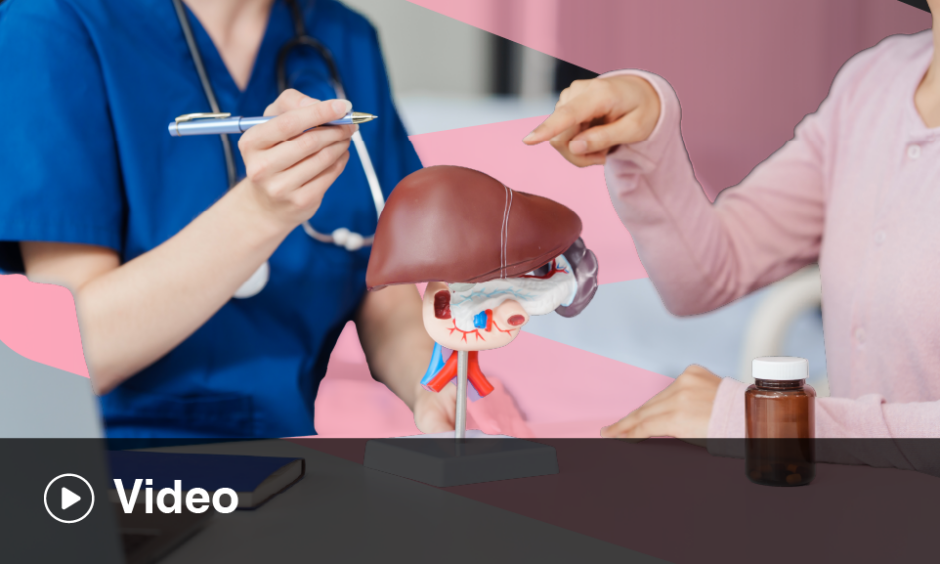NEW data from a large USA cohort show that substantial numbers of patients with primary biliary cholangitis are not receiving the biochemical monitoring recommended by guidelines, particularly during the first year of treatment. The findings show significant gaps in adherence to American Association for the Study of Liver Diseases testing recommendations and point to the need for improved follow-up strategies in routine care.
Low Adherence to Monitoring Guidelines
Using data from the Fibrotic Liver Disease Consortium, researchers evaluated 1,689 patients with primary biliary cholangitis treated between 2018 and 2021 across three major USA health systems. All participants were expected to receive regular ALP testing to assess response to ursodeoxycholic acid and monitor disease progression.
During the first year after ursodeoxycholic acid initiation, only 52% of patients received ALP testing within the recommended timeframe. Monitoring rates were higher among patients cared for by a hepatology or gastroenterology specialist (54%) compared with those without specialist involvement (45%).
Beyond the first year of treatment, monitoring improved but remained suboptimal. Just 67% of patients received ALP testing at the recommended 6–9-month intervals. Specialist care made a substantial difference: monitoring rates ranged from 65% to 78% among those followed by specialists, compared with 30% to 57% in those without specialist care.
Limited Use of Second-Line Therapies
Among patients with inadequate response to ursodeoxycholic acid, approximately 12% in the first year and 19% thereafter, only a small proportion were offered second-line treatment such as obeticholic acid or fibrates. This finding is concerning given the increased availability of new therapeutic options in recent years.
Call for Improved Monitoring Practices
The authors concluded that large proportions of USA patients are not receiving guideline-recommended biochemical testing, and that specialist involvement significantly increases adherence. With new second-line therapies now available, timely ALP testing is essential to identify inadequate responders and optimise treatment plans.
Reference
Gordon SC et al. Assessment of adherence to guidelines for biochemical monitoring and ursodeoxycholic acid treatment response in a retrospective cohort of US patients with primary biliary cholangitis. BMJ Open Gastroenterol. 2025; DOI:10.1136/bmjgast-2025-001899.








